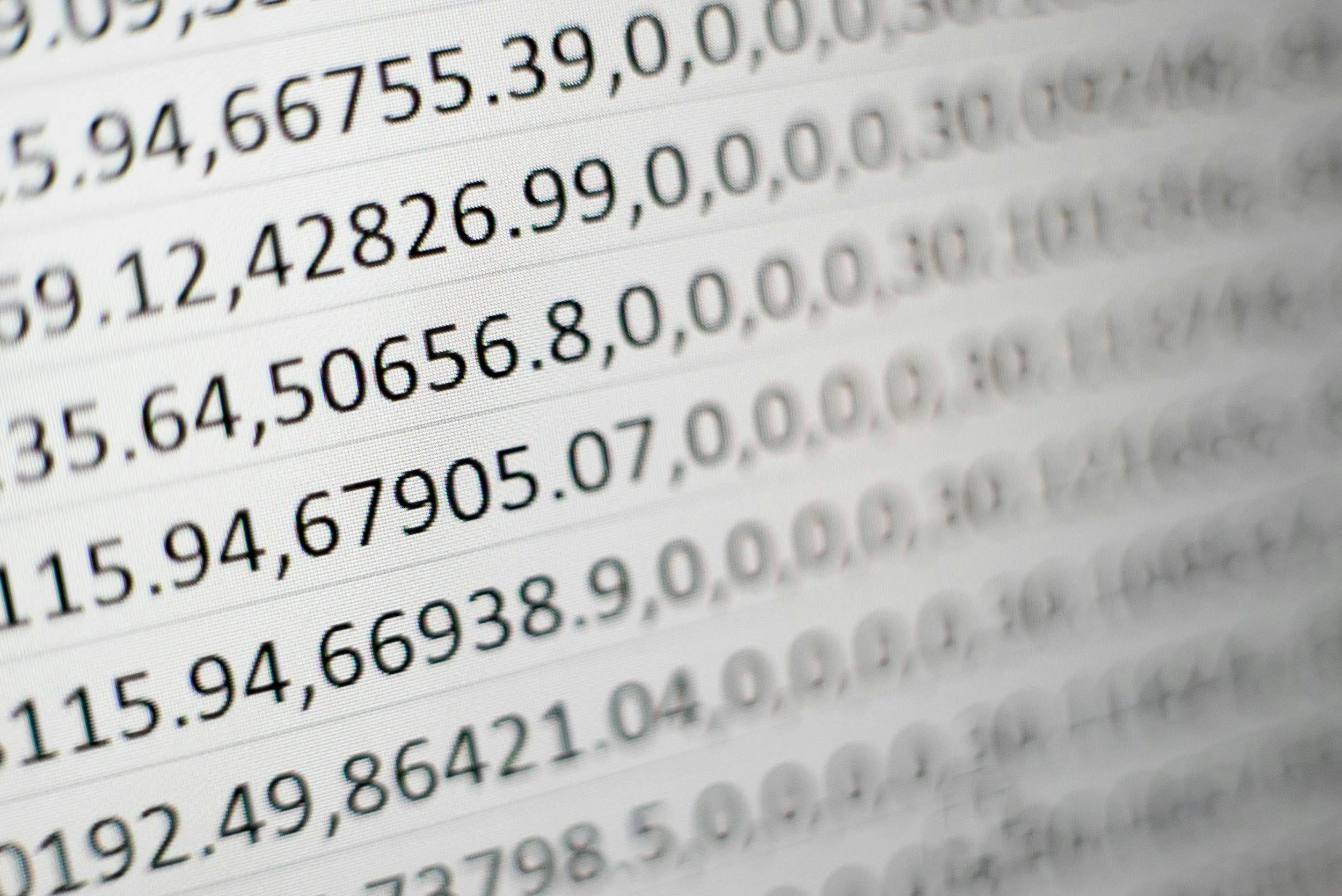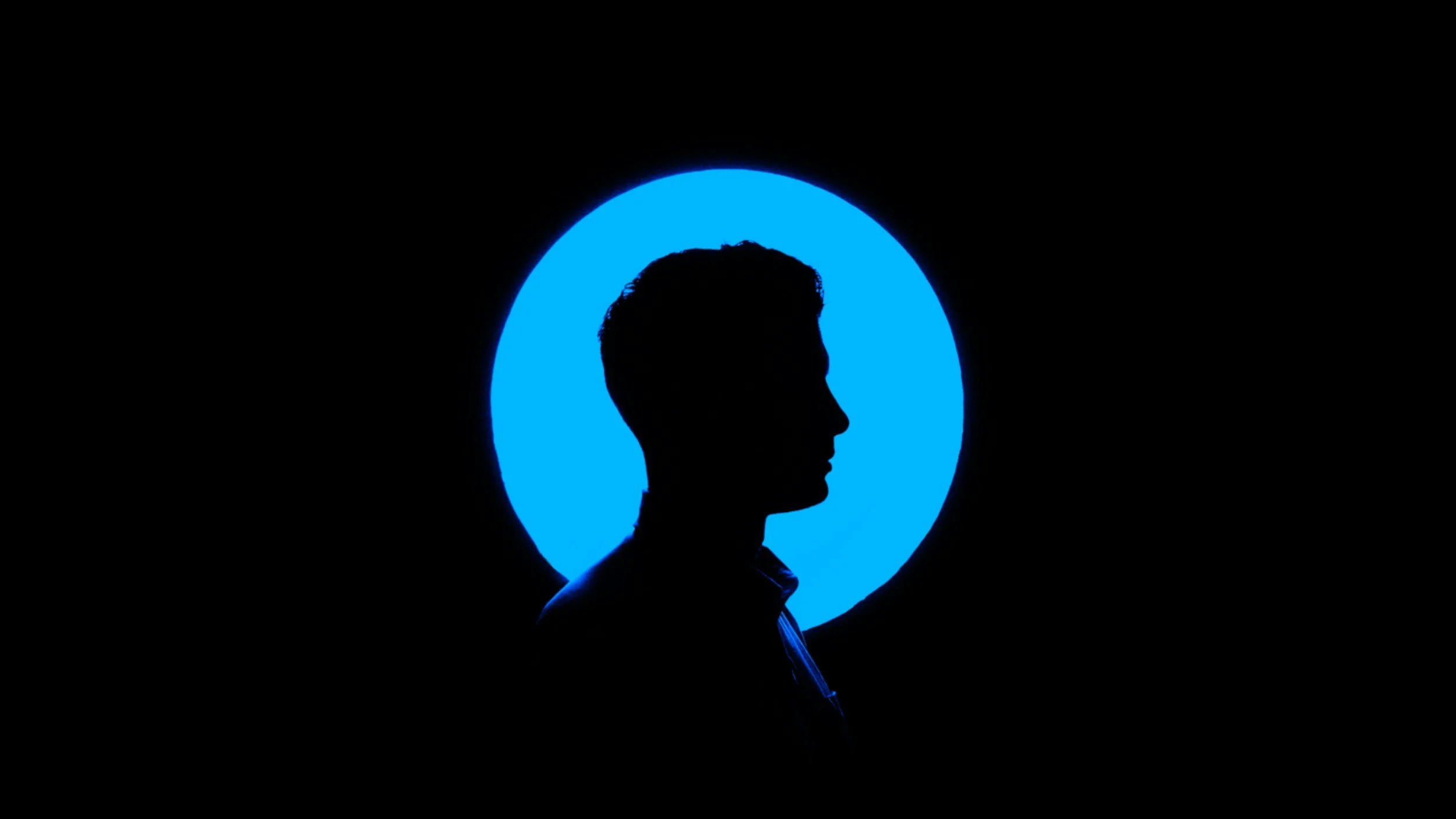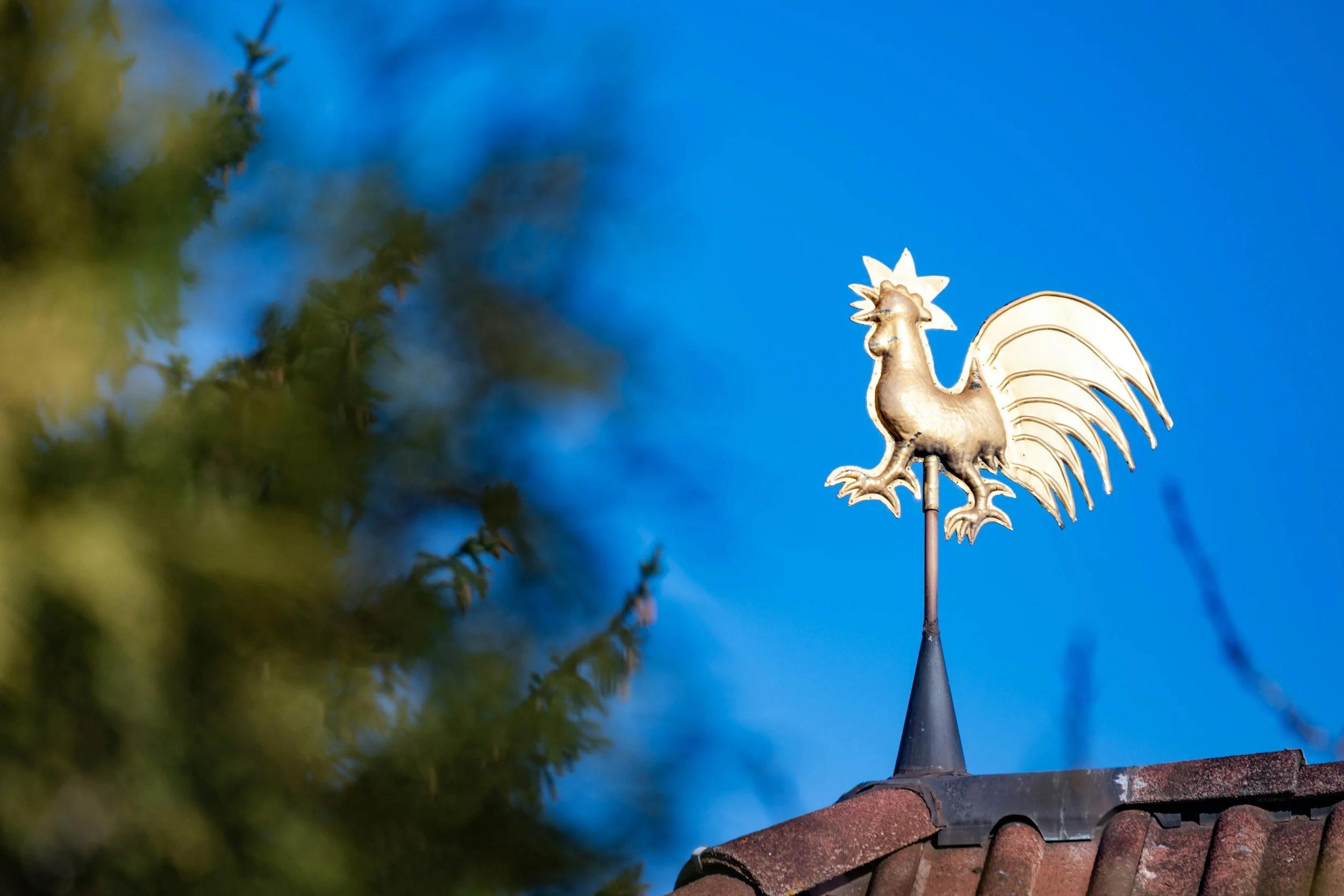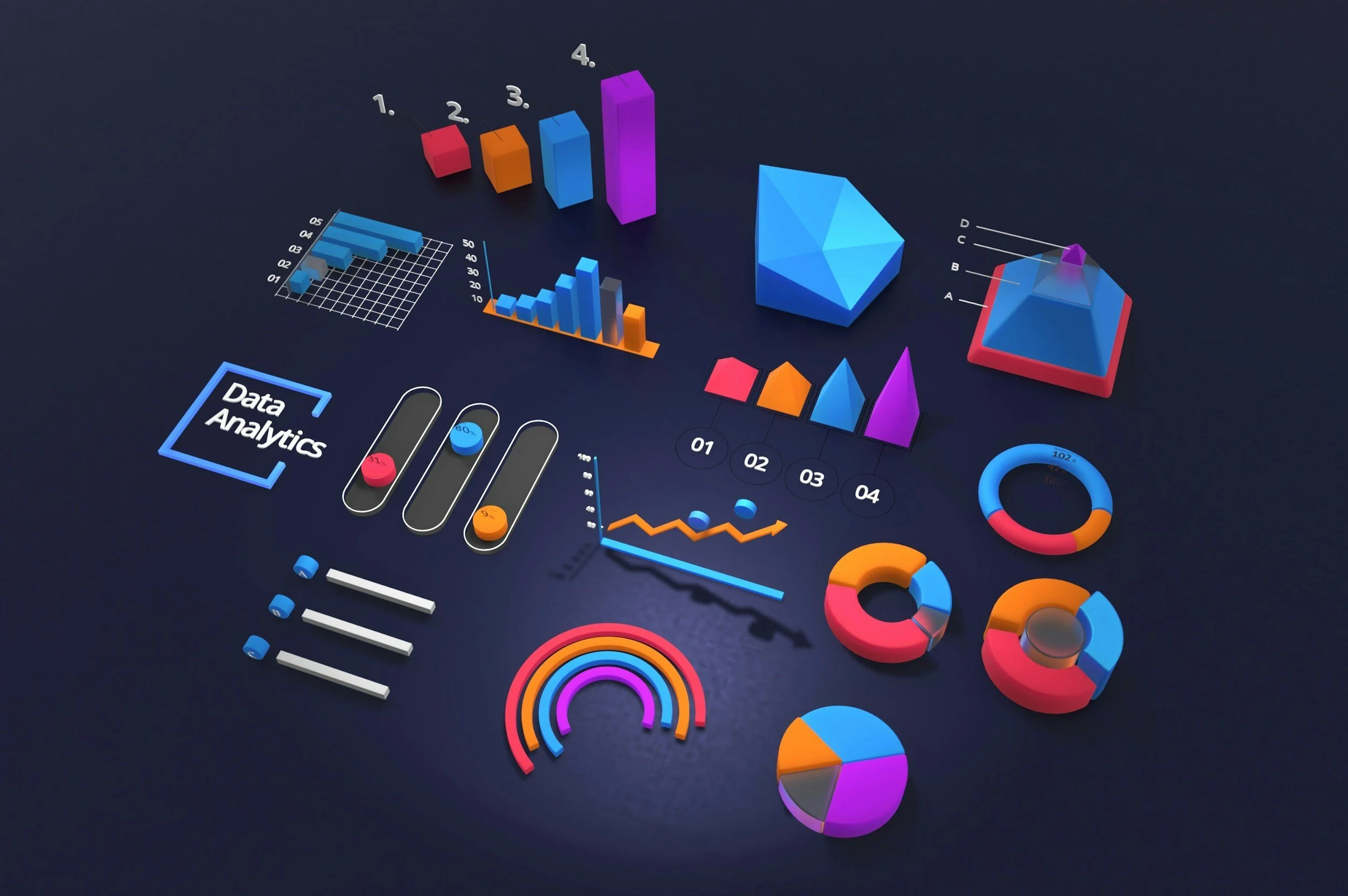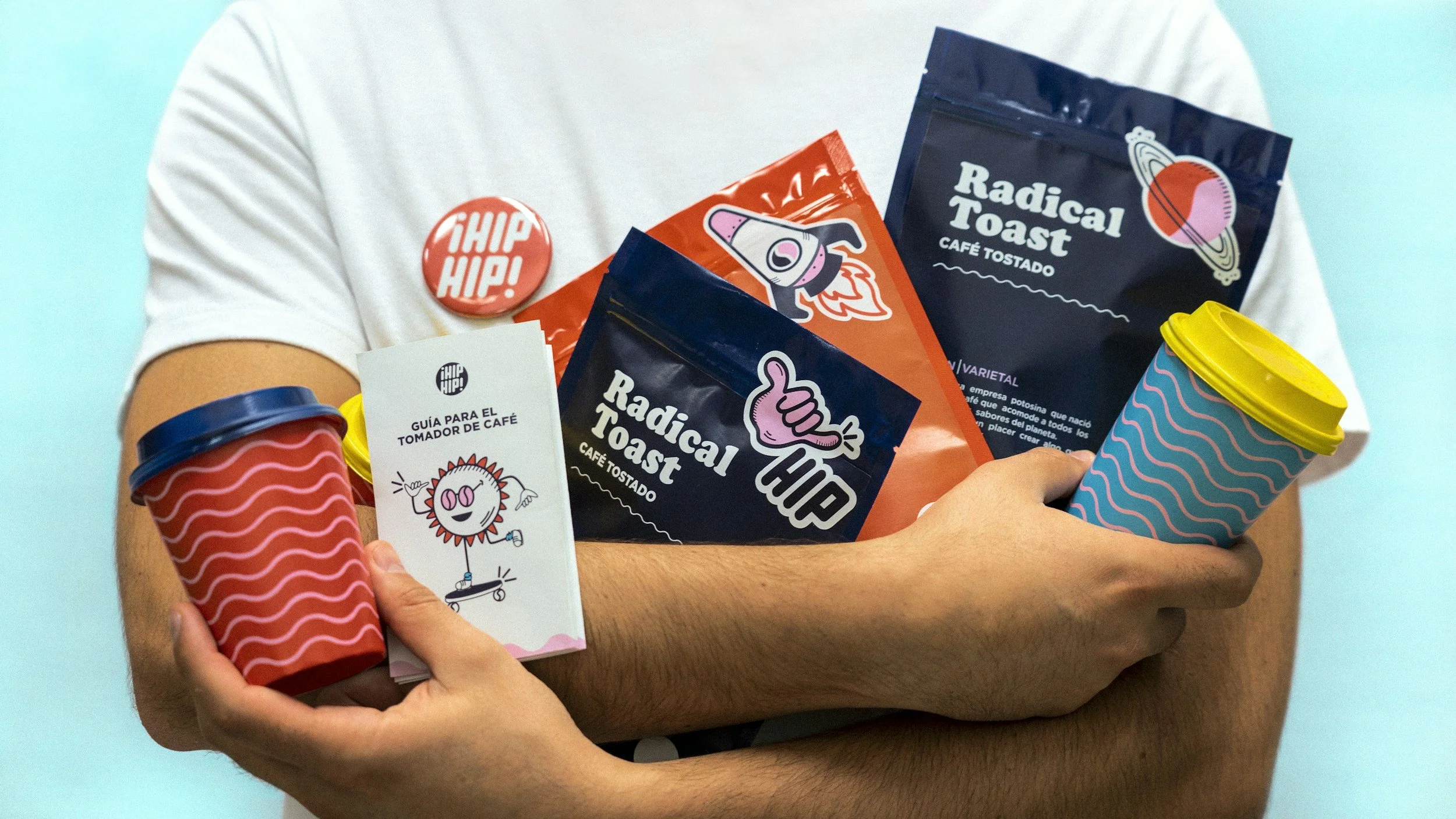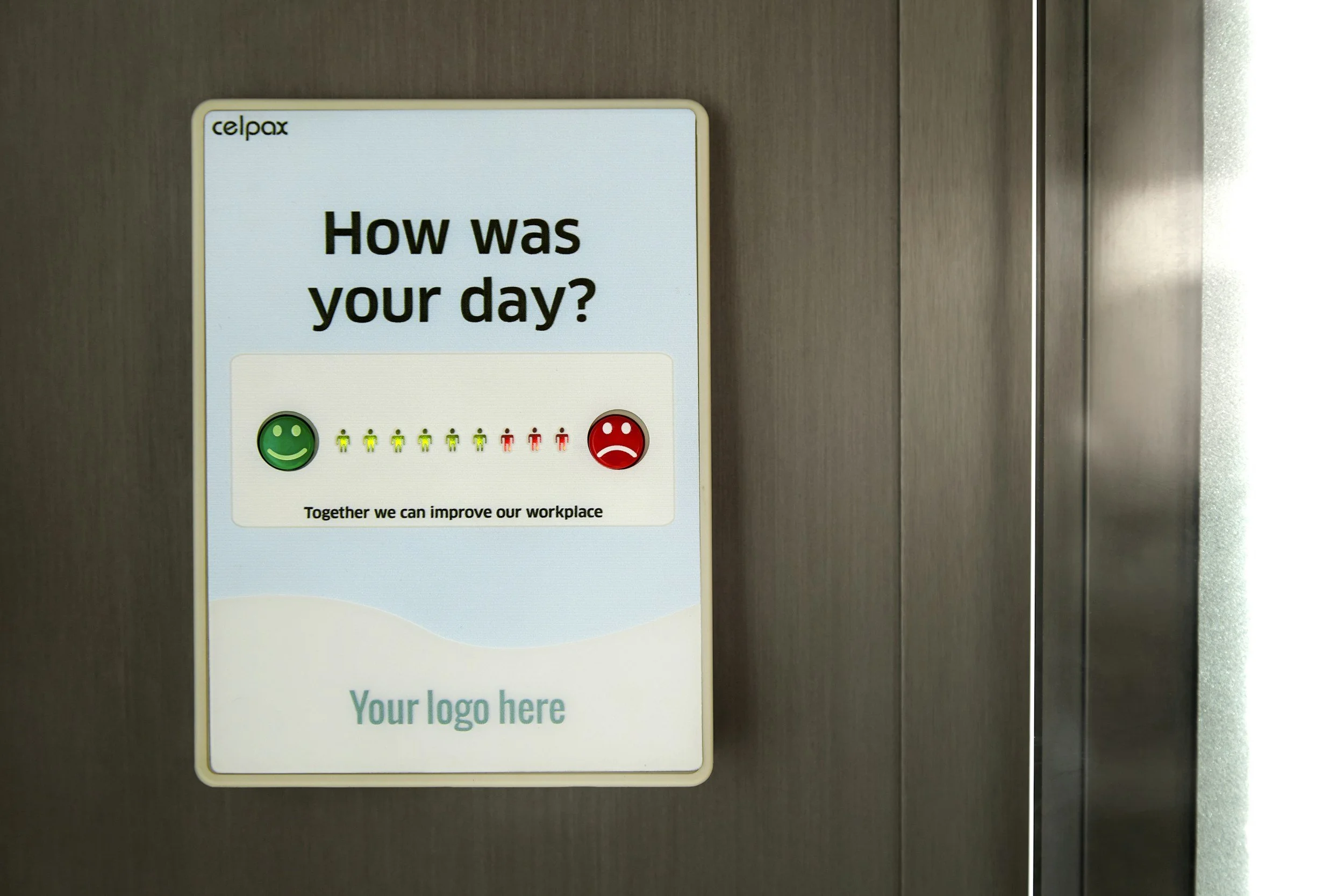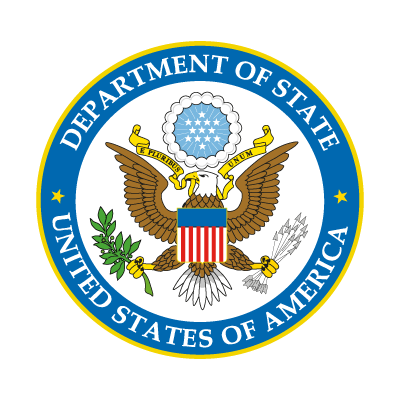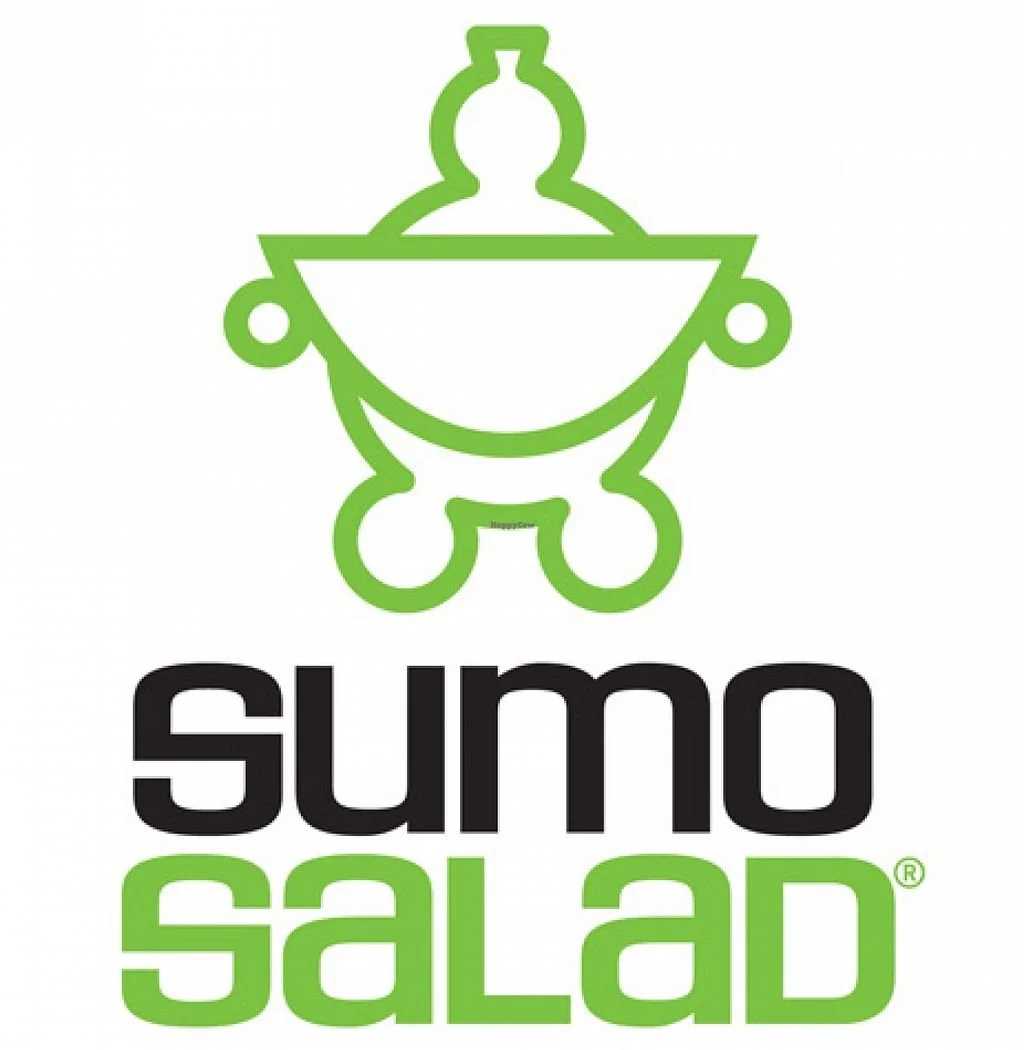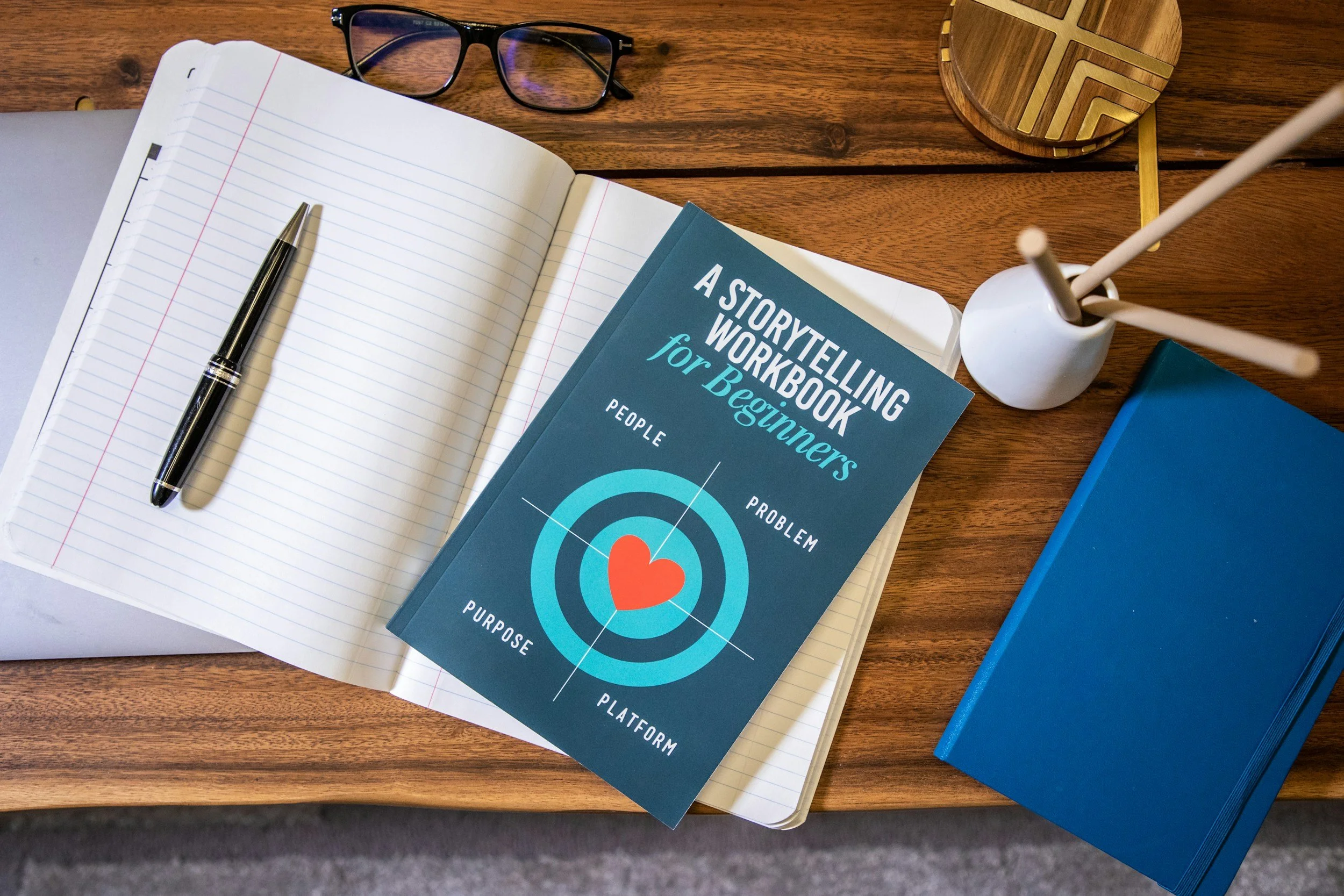
Because customer data needs a human story.
Brand Dummy helps organizations uncover the human story inside their customer data. We go beyond analytics by applying behavioural science to reveal motivations, predict decisions, and turn complex datasets into clear, actionable insight. Because data only matters when it explains how people think and behave.
Our year-end review of eight brands in 2025 whose messaging endured through times of uncertainty, change, and chaos is now available!
What makes Brand Dummy stand out?
-
Brand Dummy helps organizations make sense of their customer data by uncovering the behavioural insights behind the numbers.
-
Traditional analytics shows what happened; we explain why it happened by applying behavioural science to interpret motivations, biases, and decision patterns.
-
We work with customer datasets of all kinds—transactional, survey, CRM, digital, social, and experimental—focusing on the behavioural meaning inside the data.
-
Yes. While our core focus is interpretation, we also design surveys, experiments, and digital data‑collection strategies to ensure organizations gather the right behavioural signals.
-
We work with organizations that want deeper insight into customer behaviour—marketing teams, strategy groups, research units, and leaders navigating complex consumer expectations.
-
We draw on academically-grounded research in psychology, decision‑making, and consumer behaviour to interpret data in ways that go beyond surface‑level metrics.
-
Yes. Although based in Canada, Brand Dummy applies behavioural‑data interpretation globally across diverse markets, including the United States and Australia. We are incorporated and registered in all three countries.

We’re not dummies
The name Brand Dummy reflects our belief that data should be understandable, human, and free of unnecessary complexity. Just as a “dummy” model simplifies something so it can be tested and learned from, we break down customer data into clear behavioural insights that reveal how people think and decide. The name signals humility and practicality: we don’t overcomplicate—we make data meaningful, interpretable, and grounded in real human behaviour.
Who we’ve worked with

